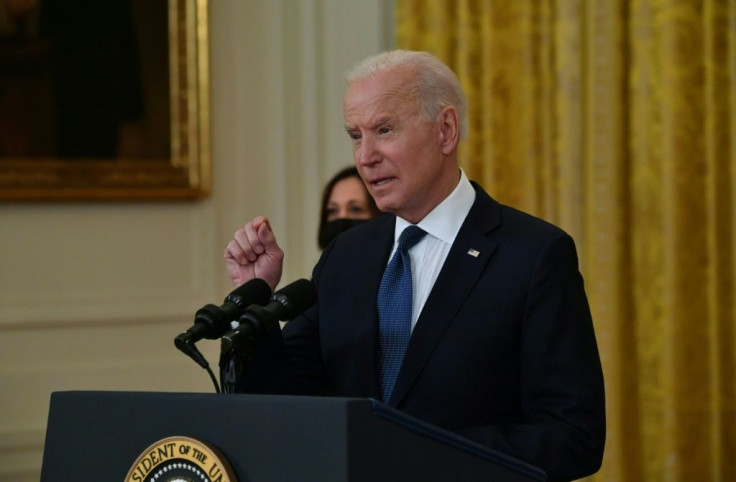Some US States Ending Extra Unemployment Benefits
A handful of US states announced they will end extra unemployment benefits provided by the federal government, which they say is hindering companies from hiring workers.
Alabama and Mississippi have joined Arkansas, Montana and South Carolina in cutting off the payments that provided $300 a week on top of regular state benefits through early September.
The moves in the Republican-led states came after a disappointing employment report for April released Friday showed the US economy recovered just 266,000 positions last month.
The data show the economy still has not recovered 8.2 million of the 22 million jobs lost during the Covid-19 pandemic.
Some employers and the US Chamber of Commerce blame the sluggish hiring in part on the generous jobless benefits.
"It has become clear to me that we cannot have a full economic recovery until we get the thousands of available jobs in our state filled," Mississippi Governor Tate Reeves said on Twitter.
He said he had spoken to many small business owners and found the special programs "that may have been necessary in May of last year are no longer so in May of this year."
But President Joe Biden pushed back against the argument that the extra payments -- funded by the $1.9 trillion rescue package Congress approved in March -- mean "people are being paid to stay home rather than go to work."

"We don't see much evidence of that," Biden told reporters. "Americans want to work."
"And we also need to recognize that people will come back to work if they're paid a decent wage," Biden said.
But he said unemployed workers would not be allowed to "game the system," and will lose the benefits if they refuse a suitable job offer.
Economic research refutes the claim that workers are discouraged from accepting positions because of the benefits.
One study published by the University of Massachusetts in February found "no indication" that changes in benefit amounts "had a substantial impact" on hiring.
Even so, Alabama Governor Kay Ivey said the benefits are "contributing to a labor shortage that is compromising the continuation of our economic recovery."
She said that in her state "we have announced the end date of our state of emergency, there are no industry shutdowns, and daycares are operating with no restrictions. Vaccinations are available for all adults."
The Labor Department report for April also showed that 9.4 million people were unable to work because their employer closed or lost business due to the pandemic, and another 2.8 million said they were prevented from looking for work due to the pandemic.
© Copyright AFP {{Year}}. All rights reserved.




















